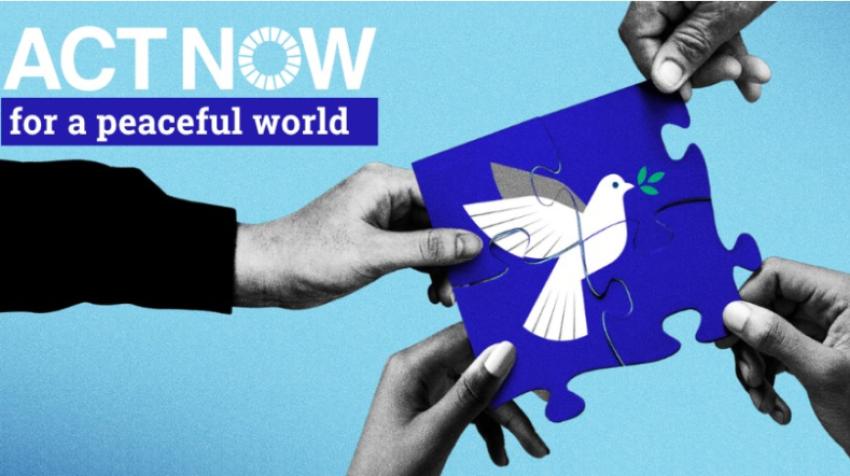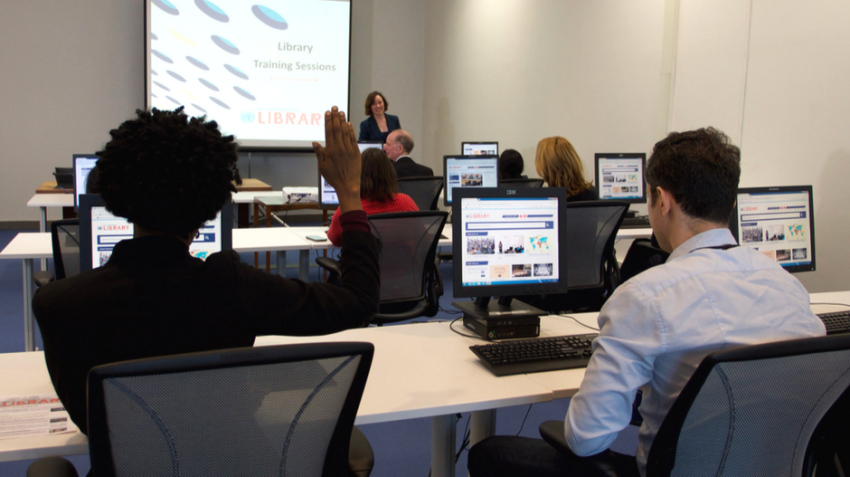The Third United Nations Conference on Landlocked Developing Countries (LLDC3), held in Awaza, Turkmenistan, marked a pivotal moment for the world’s 32 landlocked developing countries.
With the formal endorsement of the Awaza Programme of Action (APoA) and the adoption of the Awaza Declaration, the conference delivered concrete outcomes that will shape the development trajectory of LLDCs for the next decade. Here are three ways LLDC3 made a lasting impact:
1. Mobilizing Unprecedented Global Political Will for the Awaza Programme of Action
The conference galvanized strong political will and international support for the Awaza Programme of Action and the Awaza Declaration.
These frameworks are now backed by clear commitments to deliver tangible results—especially in critical areas such as infrastructure development, regional connectivity, and trade facilitation.
A major breakthrough was the announcement of a new LLDC Climate Negotiating Group under the UNFCCC. This initiative will ensure that landlocked developing countries speak with a unified voice in global climate negotiations, strengthening their ability to advocate for climate finance, adaptation, and resilience.
2. Fostering an Inclusive, Multi-Stakeholder Platform for Action
LLDC3 stood out for its inclusive and action-oriented approach. The conference brought together governments, UN agencies, regional bodies, international financial institutions, the private sector, academia, youth, women leaders, and civil society.
This diversity of voices fostered new partnerships and practical initiatives, all aimed at accelerating the implementation of the Awaza Programme of Action. The message was clear: no landlocked developing country should be left behind.
3. Catalyzing a New Era of Private Sector Engagement
The conference marked a turning point in how the private sector views and engages with landlocked developing countries. From infrastructure investors to logistics providers and tech innovators, private sector actors expressed renewed interest in supporting landlocked developing countries through resource mobilization and project implementation.
A key outcome was the launch of the LLDC Global Business Network—a new platform that will ensure the private sector remains a central partner in advancing the Awaza Programme of Action and unlocking the development potential of landlocked developing countries.
Read the full article on the UN website.




